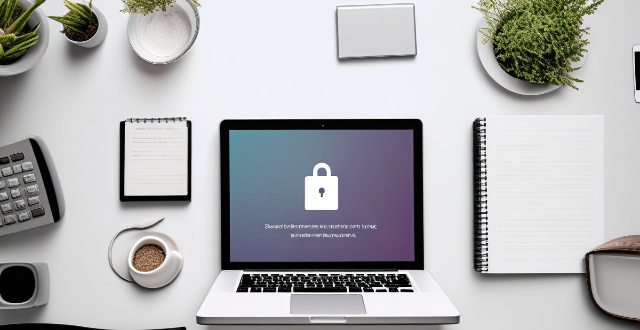Huawei's new OS, HarmonyOS, is designed for various devices and emphasizes simplicity and cross-device functionality. It has a growing app ecosystem but falls short compared to iOS and Windows. While HarmonyOS prioritizes security and performance optimization, iOS excels in security and privacy measures, and Windows focuses on productivity. Overall, HarmonyOS offers a distinct user experience but faces challenges in competing with established systems like iOS and Windows.

Comparison of Huawei HarmonyOS with iOS and Windows
Huawei HarmonyOS is a new operating system developed by Huawei. It is designed to be used on a wide range of devices, including smartphones, tablets, smartwatches, and even smart home appliances. In this comparison, we will look at how HarmonyOS compares to other popular operating systems like iOS and Windows.
User Interface
The user interface of HarmonyOS is similar to that of Android, with a focus on simplicity and ease of use. The interface is designed to be intuitive and easy to navigate, with a clean and modern look.
- iOS: The user interface of iOS is also designed for simplicity and ease of use. It has a clean and modern look, with a focus on accessibility and user experience.
- Windows: The user interface of Windows is more complex than both iOS and HarmonyOS. It has a more traditional desktop-style interface, with a focus on productivity and multitasking.
App Ecosystem
HarmonyOS has its own app store called AppGallery, which offers a wide range of apps for different categories. However, the number of apps available in AppGallery is still limited compared to the Google Play Store or Apple App Store.
- iOS: The iOS app ecosystem is one of the largest and most diverse in the world, with millions of apps available in the App Store.
- Windows: The Windows app ecosystem is also large, with many apps available in the Microsoft Store. However, it is not as diverse as the iOS app ecosystem.
Compatibility and Interoperability
HarmonyOS is designed to be compatible with a wide range of devices, including smartphones, tablets, smartwatches, and smart home appliances. It also supports cross-device functionality, allowing users to seamlessly switch between devices.
- iOS: iOS is designed specifically for Apple devices, such as iPhones, iPads, and Macs. It does not support cross-device functionality with non-Apple devices.
- Windows: Windows is designed for PCs and laptops, but it also supports cross-device functionality with some devices, such as smartphones and tablets running Windows 10 Mobile or Windows 10 on ARM.
Security and Privacy
HarmonyOS is designed with security and privacy in mind, with features such as facial recognition and biometric authentication. It also has built-in privacy protections to keep user data safe.
- iOS: iOS is known for its strong security and privacy features, including end-to-end encryption and strict app permissions.
- Windows: Windows also has security features, such as BitLocker encryption and Windows Defender antivirus software. However, it has been criticized for being more vulnerable to malware attacks than iOS.
Performance and Optimization
HarmonyOS is optimized for performance on a wide range of devices, from low-end smartphones to high-end tablets and smartwatches. It uses a microkernel architecture that allows for faster boot times and smoother performance.
- iOS: iOS is known for its smooth performance and optimization on Apple devices. It uses a closed-source architecture that allows for tight integration between hardware and software.
- Windows: Windows is optimized for productivity and multitasking on PCs and laptops. It uses a more traditional architecture that can sometimes result in slower boot times and less smooth performance than iOS.
In conclusion, Huawei HarmonyOS is a promising new operating system that offers a unique user experience and cross-device functionality. While it may not have the same level of app diversity as iOS or the same level of productivity optimization as Windows, it has the potential to become a strong competitor in the operating system market.